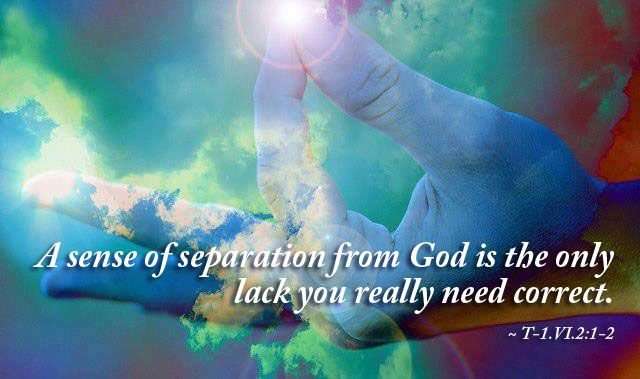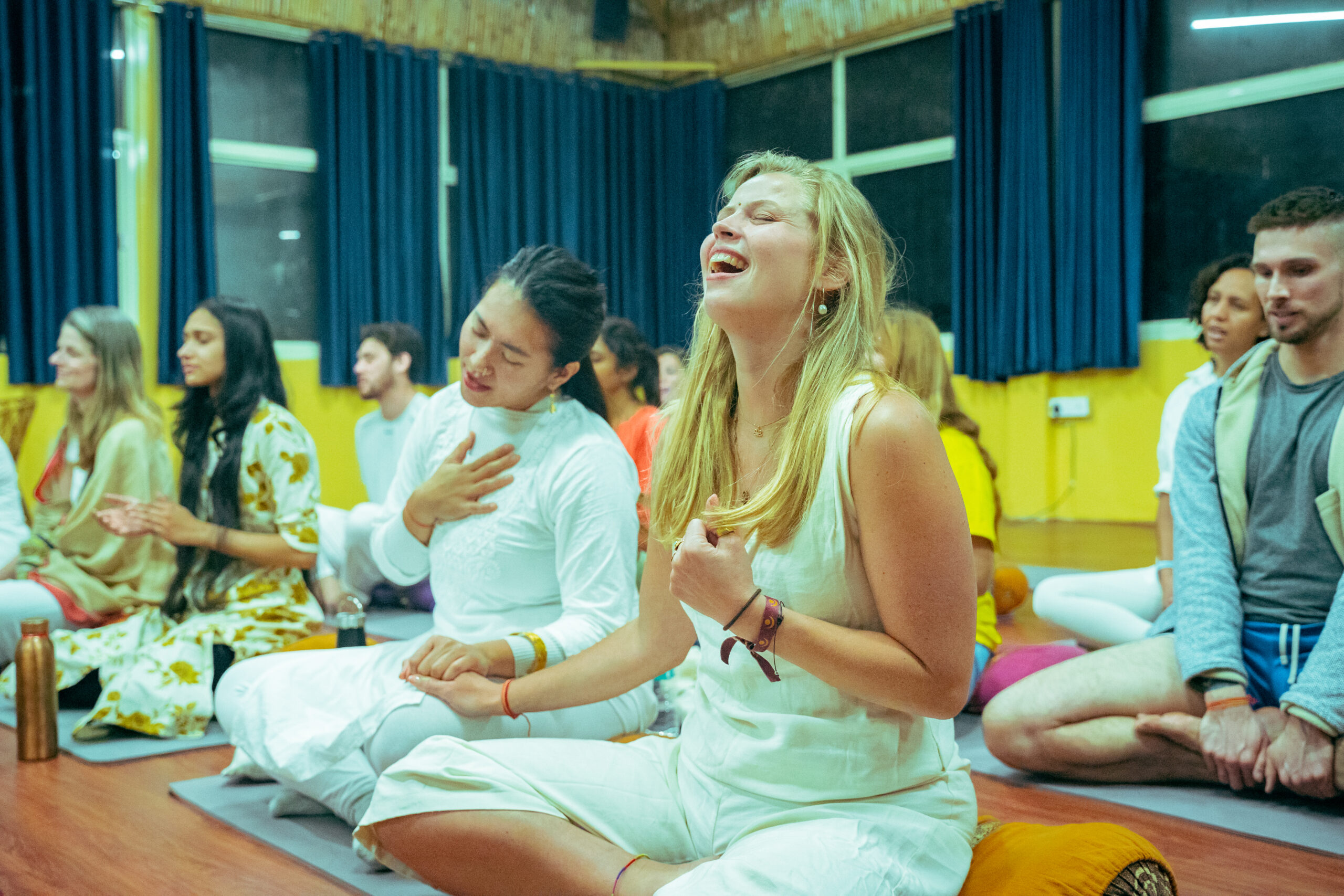
Kirtan is defined by man as the praising of that which is exalted, the exalted being the divine. In sanskrit kirtan has a root meaning “to cut through” or in practice kirtan is cutting through the idea of separation, connecting to our hearts and the moment through sound. Kirtan involves the singing and praising the divine. The chants involved are expressed through specific mantras that have a particular focus of energy. The mantras often contain names of gods and goddesses of the Vedic times that is central to religions like Hinduism and Sikhism. Kirtans typically involve musicians playing instruments like the harmonium or tablas while chanting a mantra as the audience participates in a call and response action. Although kirtans can be practiced in small groups or giant auditoriums with thousands of participants, the uniting quality of kirtan brings together the room as a single voice of unity. Some people find kirtans to be a very joyous or emotionally healing experience.
Mantras have a literal meaning of “to guide and protect the mind” or from a similar approach we can say mantras are used to “to guide the consciousness away from excessive thoughts. We use mantras to help guide your awareness to a place that is quiet and still. To properly receive the benefits mantas offer is by practicing the repetition of the words and practice of using mantras. Although mantras are often sanskrit words or names of gods and goddesses taken from Vedic life, mantras can be quite personal. Used to bring awareness and rest the mind, mantras can be created for use in ones life to be used during certain practices such as before meals, upon waking, or before sleep etc.
 +91-8755744872
+91-8755744872
 contact@vinyasayogaacademy.com
contact@vinyasayogaacademy.com



